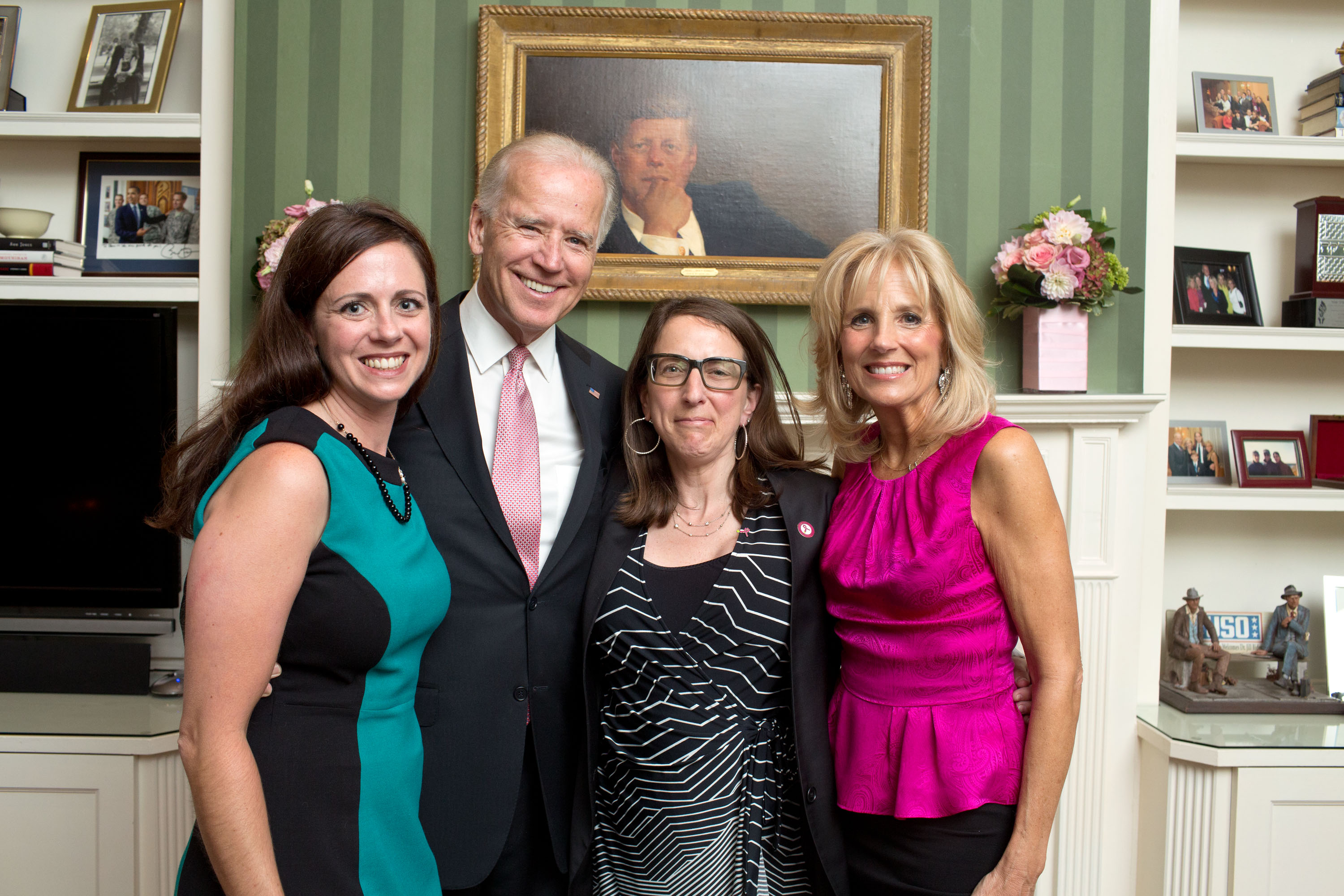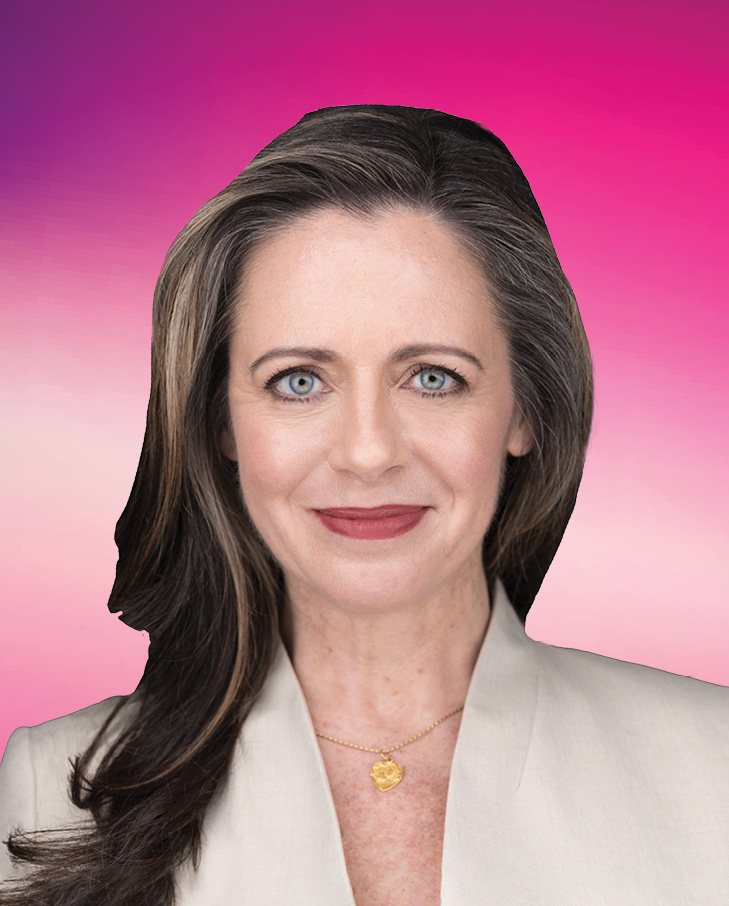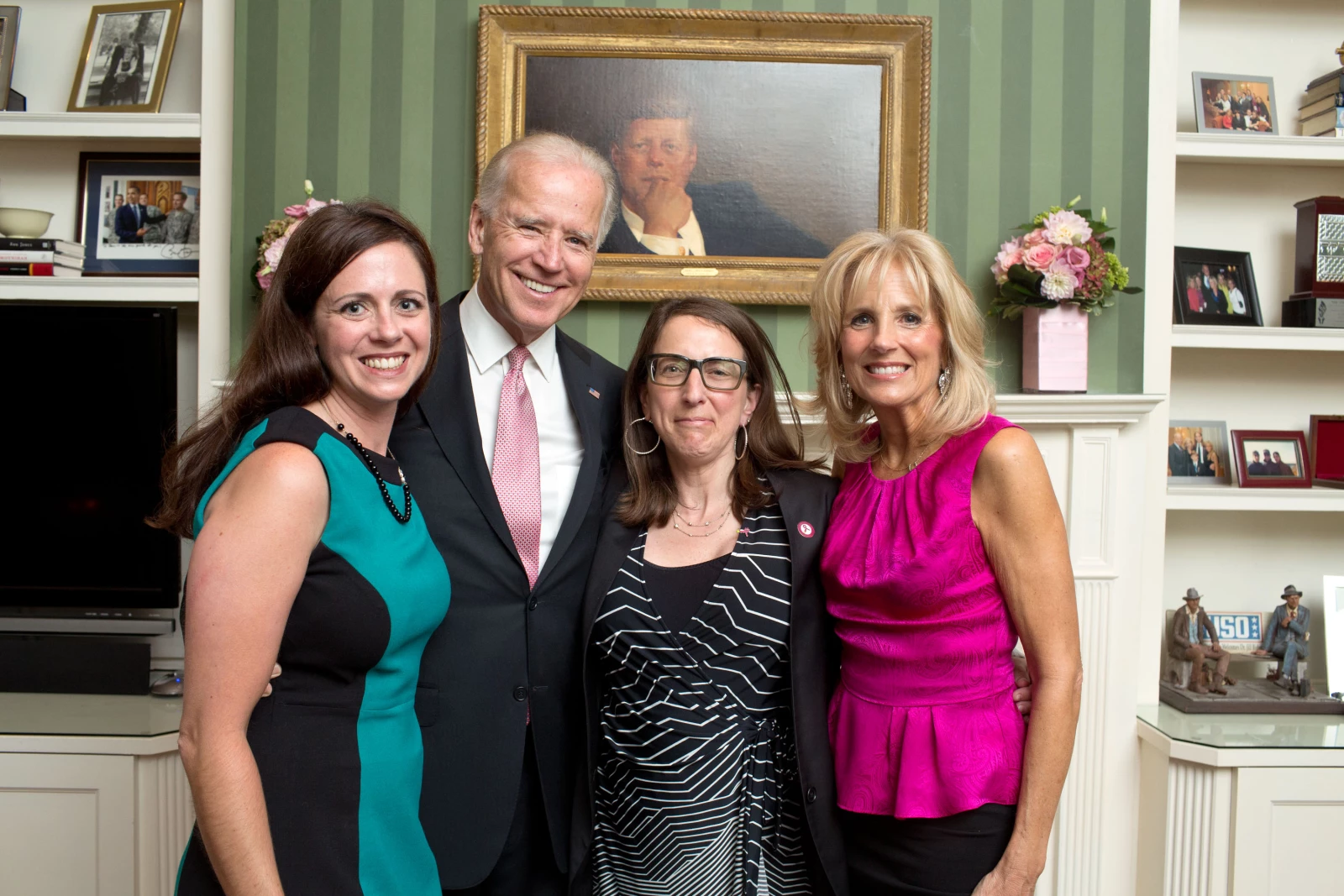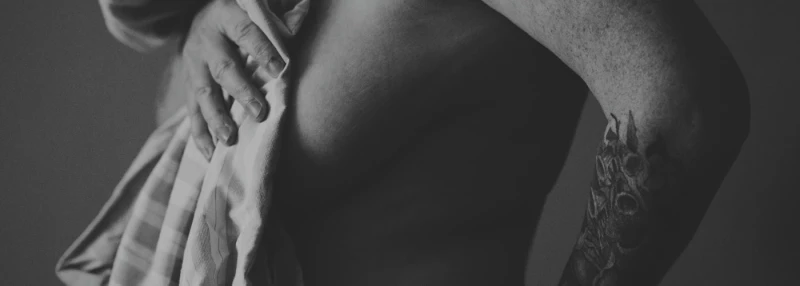
It is not every day that the President of the United States says he wants to end cancer once and for all.
And it is certainly not every day that the President talks about ending cancer at a State of the Union address.
But it actually happened this week, and the President clearly appointed the right man, Vice President Joe Biden.
I loved what Judy Salerno, CEO of Komen stated about this news in the Huffington Post: “President Obama's announcement of a cancer "Moonshot" - with Vice President Joe Biden at the controls - is sending positive shock-waves through the cancer community today. It is the right initiative, at the right time, with the right leader - and a test of our collective will to confront a disease that affects every American, directly or indirectly, over the course of our lifetimes.”
She is totally right. It is the right time and he is the right leader.
However as a member of the National Breast Cancer Coalition (NBCC), I feel it is important to remind us that NBCC has been calling for this bold action for some time now with its 2020Deadline campaign. Maybe now with this united national movement under Biden’s leadership it will actually happen!
OK – so what the heck is all this moonshot talk about anyway? According to Biden’s blog – this is what it actually means:
- The Federal government will do everything it possibly can — through funding, targeted incentives, and increased private-sector coordination — to support research and enable progress.
- We’ll encourage leading cancer centers to reach unprecedented levels of cooperation, so we can learn more about this terrible disease and how to stop it in its tracks.
- Data and technology innovators can play a role in revolutionizing how medical and research data is shared and used to reach new breakthroughs.
- We will help the oncology community improve communication with doctors across the United States and around the world, so the same care provided to patients at the world’s best cancer centers is available to everyone who needs it.
- And we will ensure that the patient community is heard — so patients and their families are treated as partners in care, with access to their own data and the opportunity to contribute to research.
Giant #hellacool high five to Biden from me. Especially the part about the voices of the patient community being heard…. Yes!
While most of the cancer community is celebrating the commitment from the government, there are a few concerned voices out there. Take the article published by Time Magazine Why Curing Cancer Is Not a ‘Moonshot’ – where they state: “There is nothing wrong with calling for a national commitment to do something that’s very hard and, often, very expensive ….. Obama—and Nixon before him—deserve credit for throwing down that challenge flag against cancer. But this moon is actually many moons. Expecting a single, final victory will only make us fail to notice the smaller, more incremental ones when they come.”
While people debate if curing cancer is possible or not, YSC will continue to focus on supporting the one quarter million young women in the United States who were diagnosed before their 41st birthday – that is our job.
However, between you and me, there is nothing that would make me happier than for YSC to go out of business because there was no more cancer.
So Vice President Biden, YSC commends, applauds and fully supports you and your work…. and God Speed.
****
TAKE ACTION!
Vice President Biden has asked to hear from those impacted by cancer. We encourage you to share your stories with him and include this paragraph at the beginning:
Young women can and do get breast cancer. This year, nearly 13,000 women will be diagnosed with breast cancer before their 41st birthday. And more than 1,000 women under age 40 will die from breast cancer. These women leave behind young children, family and friends to face life without them. I volunteer for Young Survival Coalition (YSC), which is dedicated to supporting and advocating for young women affected by breast cancer. I have had to say goodbye to too many friends. It is time to find a way to prevent cancer from developing and prevent it from spreading in those who have already been diagnosed.





